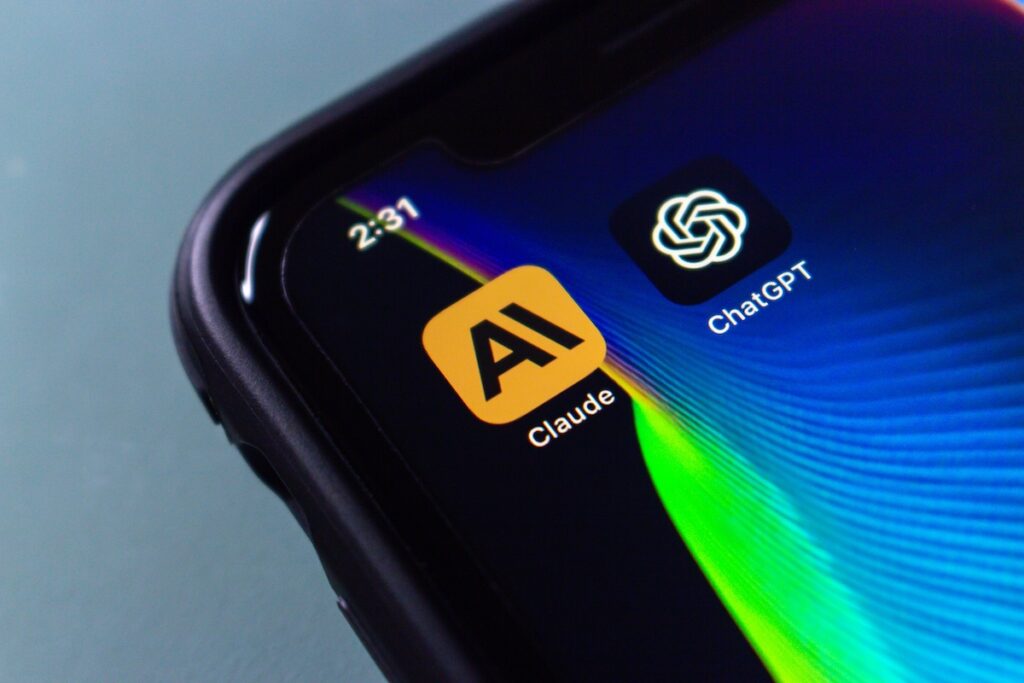

Since 2010, the Global Law Experts annual awards have been celebrating excellence, innovation and performance across the legal communities from around the world.
posted 3 months ago
A California federal judge has issued a groundbreaking decision in the copyright lawsuit brought by authors against Anthropic, the AI company behind Claude. This ruling is one of the most detailed and consequential to date on how U.S. copyright law applies to training large language models (LLMs).
What the Court Decided
The plaintiffs—authors including Andrea Bartz, Charles Graeber, and Kirk Wallace Johnson—sued Anthropic for copying their books to build a central library and to train Claude. They argued this was copyright infringement.
The judge drew a clear line:
✅ Training AI models on copyrighted books is fair use. The court held that training an LLM is “spectacularly transformative.” Even though the models effectively “memorized” the works, the purpose—developing an AI that can generate new text—was fundamentally different from simply reproducing or distributing the books themselves.
✅ Digitizing legally purchased print books is also fair use. When Anthropic bought print copies and destroyed them to create searchable digital files for its own internal library, that format change was deemed permissible.
❌ Creating a permanent library of pirated books is not fair use. The court was unequivocal: downloading millions of unauthorized copies from pirate sites crossed the line. The judge emphasized that no AI company has a special right to stockpile infringing copies simply because it plans to train a model.
In other words, while the transformative nature of training LLMs shields some copying, the source of the data still matters.
Why This Ruling Is Important
This decision is the first major U.S. ruling to clearly separate:
Fair use in the training process itself (permitted), and
Infringement in acquiring or retaining unauthorized source material (not permitted).
It acknowledges the enormous value that high-quality books provide to training AI but affirms that creators have enforceable rights when their works are pirated.
The decision also points to a path forward for AI companies: if you acquire content legally—whether by purchase or license—then training on it is likely protected as fair use. But shortcuts like mass downloads of pirated material remain an infringement risk.
What Happens Next?
Here are some likely next steps and broader implications:
1. Potential Damages Phase or Settlement:
Because the court found that the pirated copies were infringing, Anthropic could be liable for statutory damages. The case could proceed to determine how much they owe, unless the parties settle first.
2. Appeal:
Anthropic or the authors may appeal aspects of this decision. The line between transformative fair use and infringement of source copies will be tested in higher courts.
3. Class Certification:
A separate motion to certify a class of authors is pending. If granted, this could multiply the scale of liability.
4. Industry Impact:
This ruling clarifies that AI companies cannot ignore copyright ownership in their data pipelines. It also provides some reassurance that training itself—when conducted on lawfully obtained materials—will often be protected as fair use.
5. Policy and Legislation:
This case highlights the need for clearer rules around AI training data. Legislators may eventually address whether AI companies should pay for ingesting copyrighted works, even for transformative purposes.
Takeaway:
This decision is a landmark step in defining the legal boundaries of AI training. While the court embraced the transformative potential of AI, it firmly rejected the idea that everything is fair game. Going forward, companies training models will need to be scrupulous about where their data comes from—even as courts recognize that using that data to build AI is often protected.
Author

No results available
posted 4 hours ago
posted 8 hours ago
posted 8 hours ago
posted 12 hours ago
posted 2 days ago
No results available
Find the right Legal Expert for your business
Global Law Experts is dedicated to providing exceptional legal services to clients around the world. With a vast network of highly skilled and experienced lawyers, we are committed to delivering innovative and tailored solutions to meet the diverse needs of our clients in various jurisdictions.
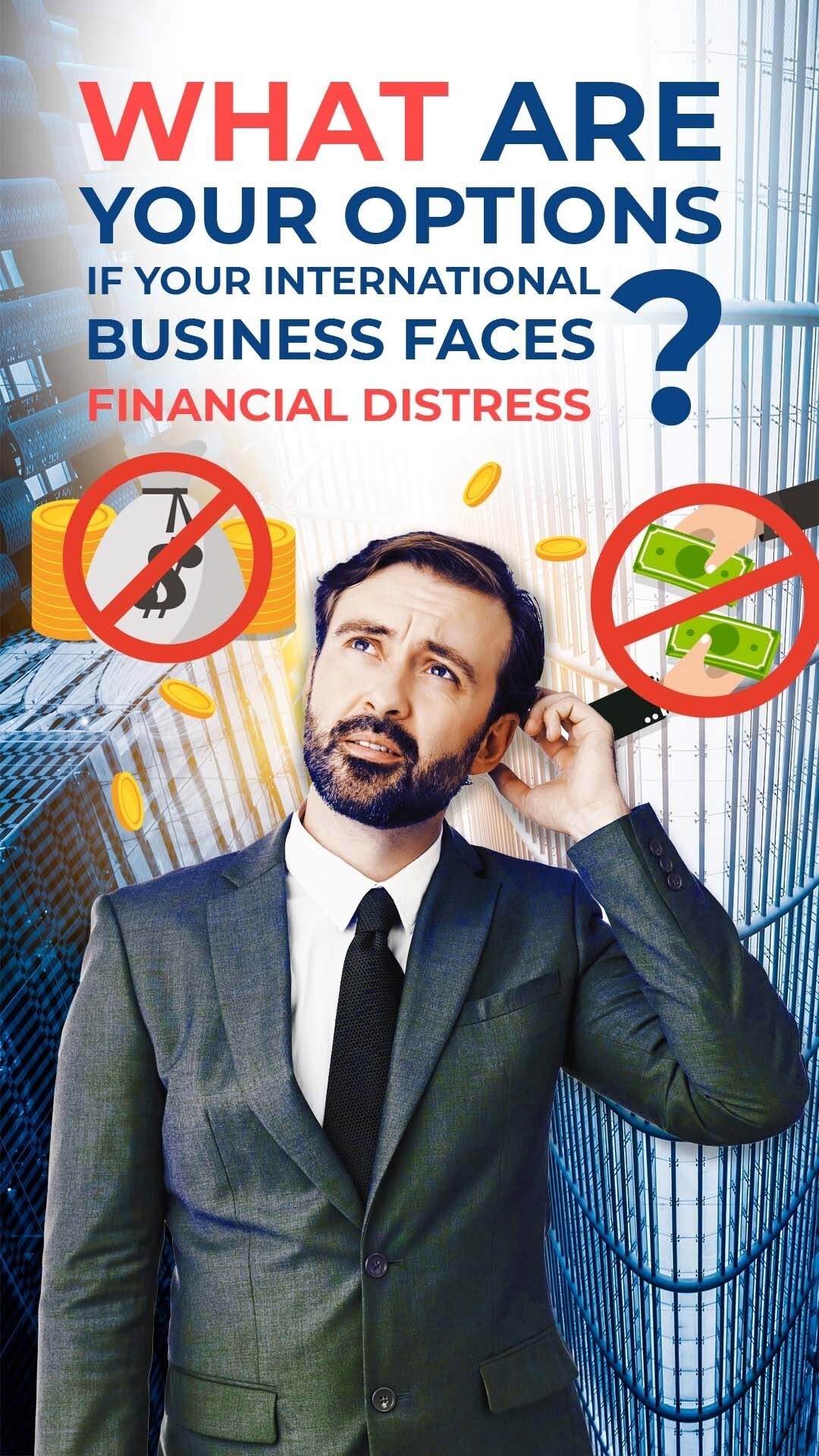
When your international business faces financial distress, quick action is key! 🔑 Negotiating with creditors, restructuring debt, and understanding insolvency laws can help regain stability. Global Law Experts is here to guide you through your options.
🌍Explore the details on our website.
🔗Link in bio
#GlobalLawExperts #CommercialLaw #BusinessLaw #LegalAdvice #BusinessGrowth #LegalTips #BusinessStrategy #LegalCompliance #Law #LegalKnowledge #LegalAwareness #Law101 #LegalEducation #IntellectualProperty
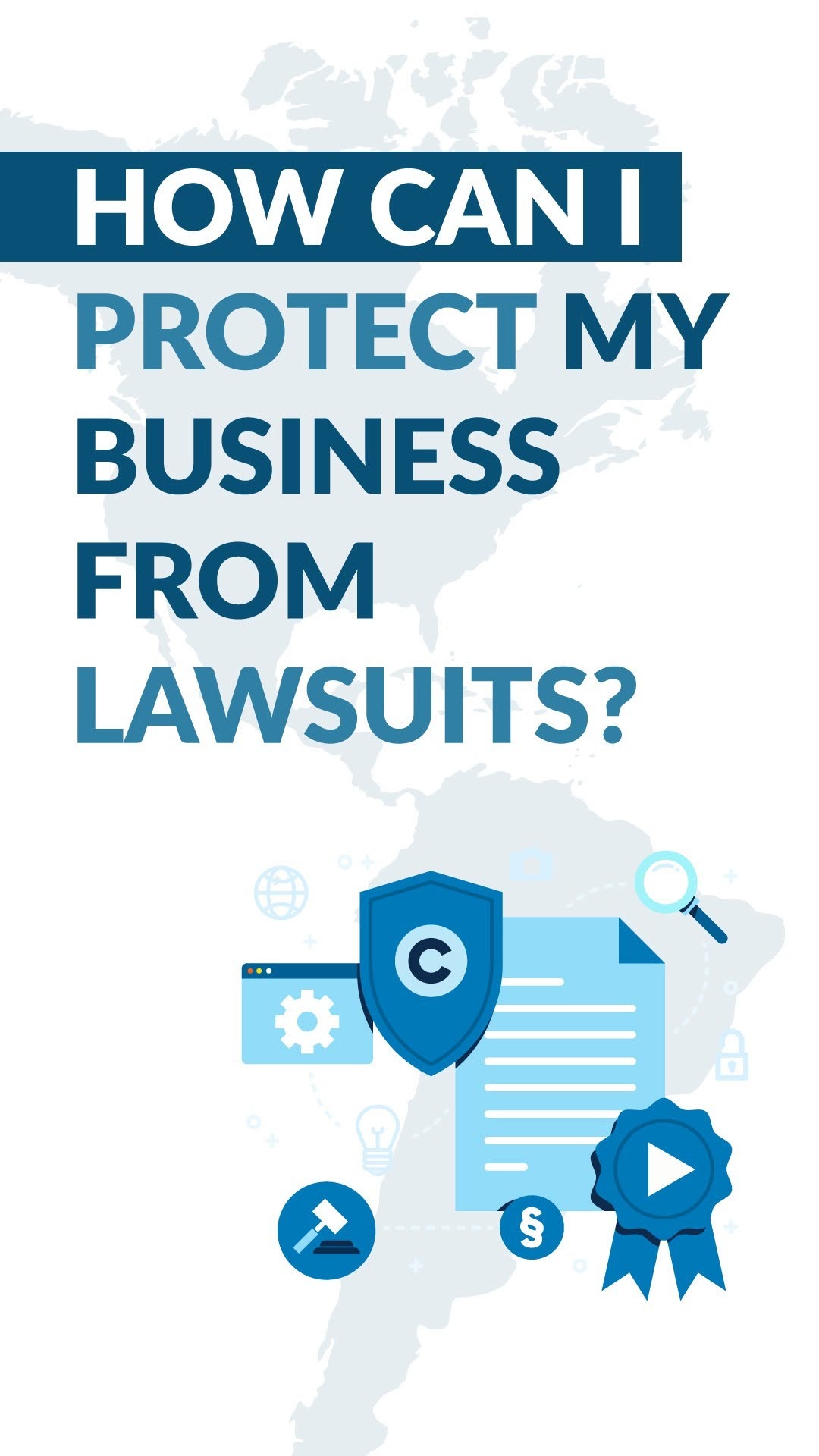
Running a business is hard enough — lawsuits shouldn’t make it harder. 🚫 Protect your business with the right legal strategies and expert tools from Global Law Experts. Let’s secure your future together! 💼
🌍Explore the details on our website.
➡️www.globallawexperts.com
#GlobalLawExperts #CommercialLaw #BusinessLaw #LegalAdvice #BusinessGrowth #LegalTips #BusinessStrategy #LegalCompliance #Law #LegalKnowledge #LegalAwareness #Law101 #LegalEducation #IntellectualProperty #Infringed #Ecommerce #LegalBranding
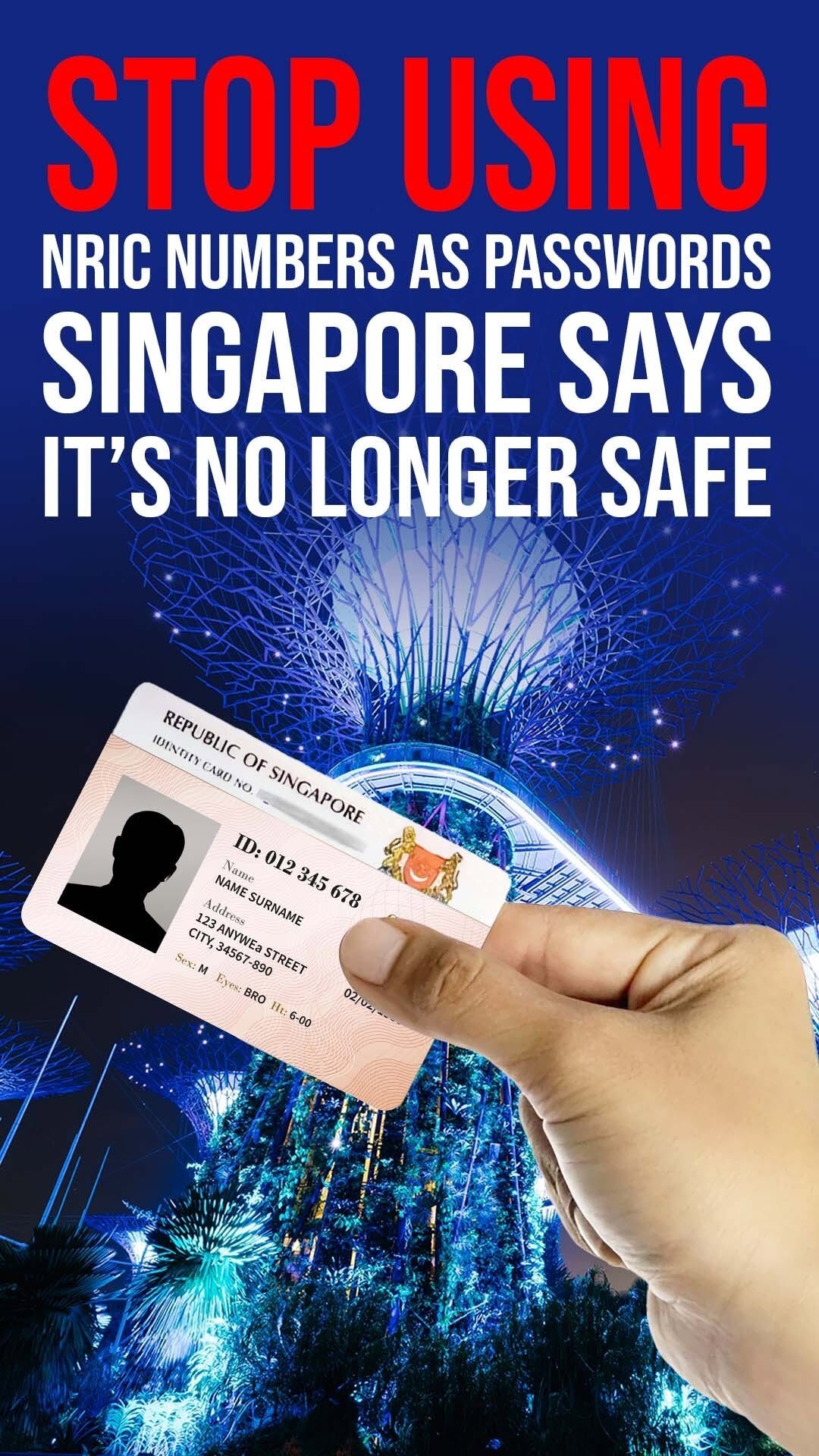
Using NRIC numbers as passwords or identity proof? That era is done. Strengthen your security with multi-factor authentication and biometrics—because your clients' trust depends on it.
#SingaporeLaw #DataPrivacy #CyberSecurity #PDPA #NRIC #MFA #StrongAuthentication #LegalCompliance #ClientTrust

Swiss law protects secured lenders—with precision. From real estate to IP and bank accounts, every asset counts—just as long as it’s defined, documented, and delivered.
#SwissLaw #SecurityInterest #Collateral #InternationalLending #SwissFinance #LegalCompliance #GlobalBusiness #AssetSecurity

Gold trading in Saudi Arabia isn’t just a business—it’s a lab test, a permit, and a legal tightrope. Want to succeed? Start with compliance, hallmarking, and permits—or risk losing it all.
#GoldTrading #SaudiLaw #PreciousMetals #BusinessSetup #LegalCompliance #GlobalBusiness #SaudiArabia #TradeRigour
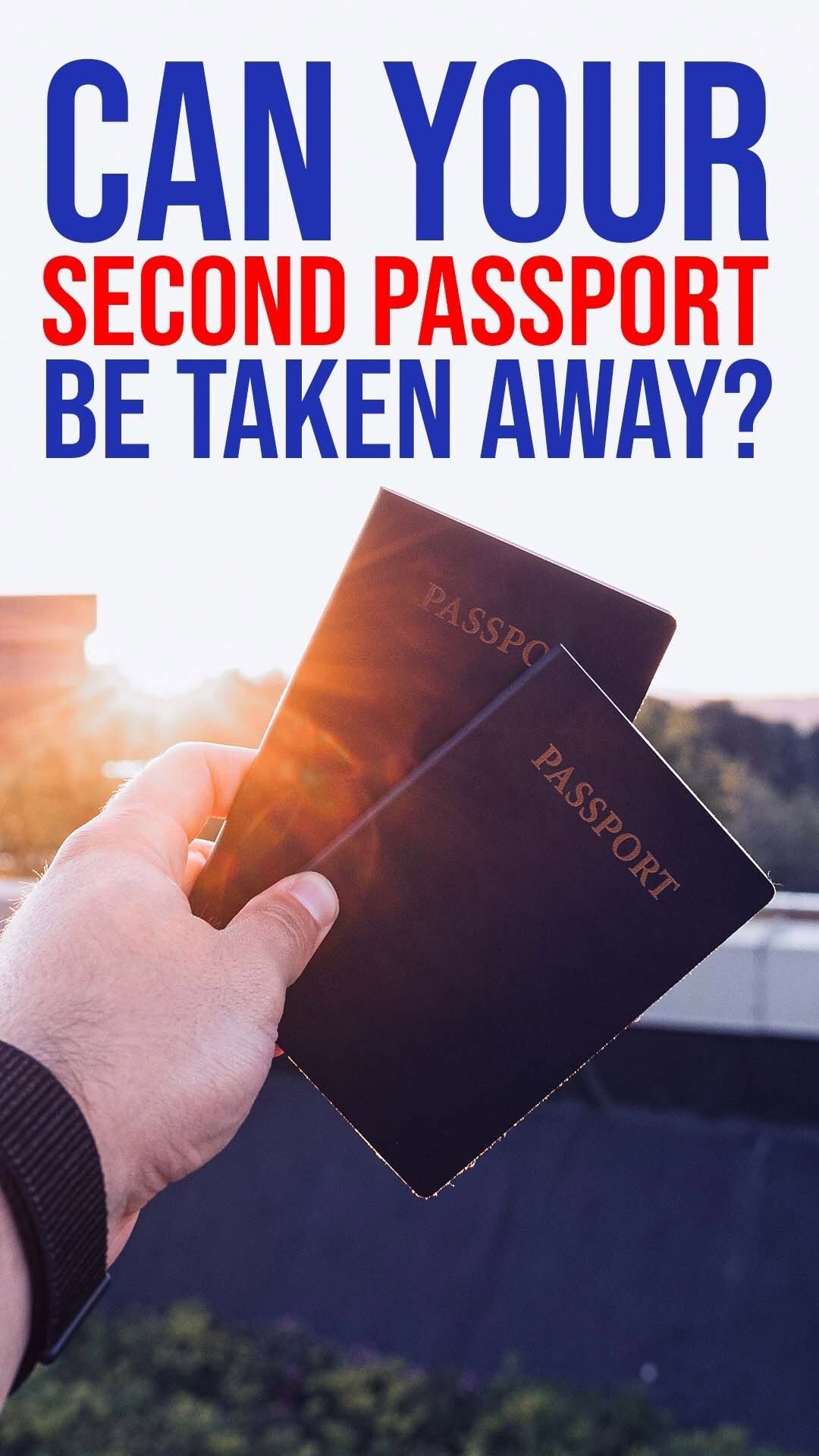
Second citizenship isn’t permanent—especially if you break the rules. Know the risks and how to safeguard your status: be transparent, stay lawful, and honour all citizenship requirements.
#SecondCitizenship #CitizenshipRisks #DualNationality #Compliance #GlobalMobility #LegalAdvice #ImmigrationLaw

Send welcome message